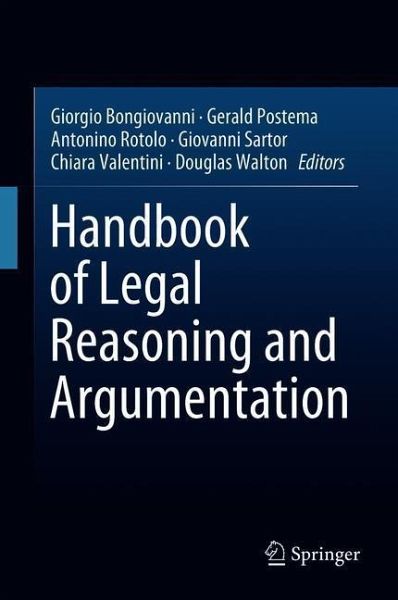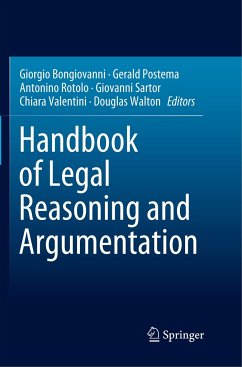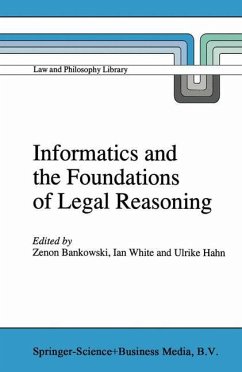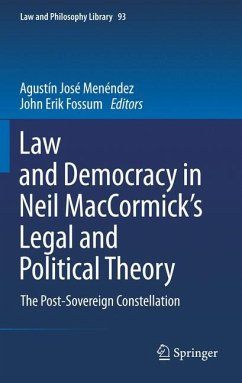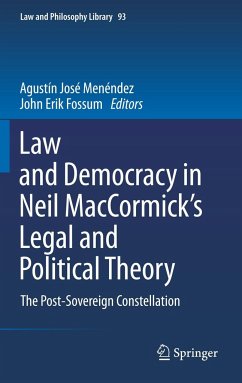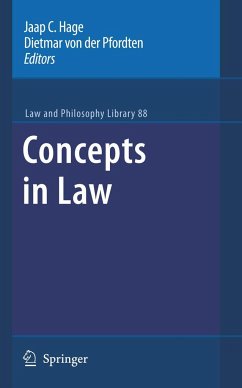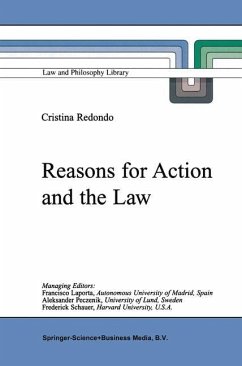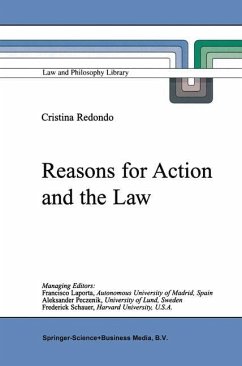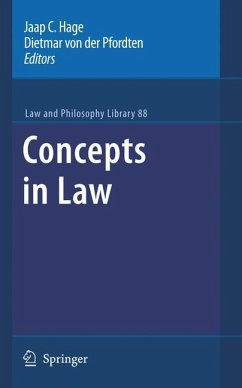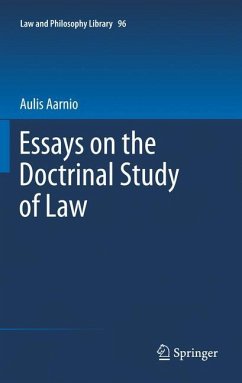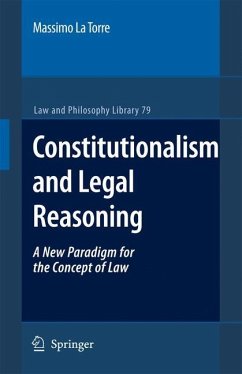Giorgio Bongiovanni is Professor of Philosophy of Law at the University of Bologna Law School (Italy). He has published widely in constitutional theory, legal theory, metaethics and normative ethics, the theory of legal interpretation, the foundations of practical reason, the history of legal theory and philosophy, and the history and philosophy of politics. His works include, among others, a monographic volume on legal theory and constitutionalism (Laterza, 2005), and the editorship (with G. Sartor and C. Valentini) of the volume Reasonableness and Law (Springer, 2009). He also edited two books, respectively, on moral objectivism (B. Mondadori, 2007) and (with G. Gozzi) on the philosophy of international law (Il Mulino, 2006). He is associate editor of Ratio Juris: An International Journal of Jurisprudence and Philosophy of Law (Wiley-Blackwell). Gerald J. Postema is Cary C. Boshamer Professor of Philosophy and Professor of Law at the Universityof North Carolina at Chapel Hill (USA). He has published extensively in legal and political philosophy and ethics. He wrote, among others, Bentham and the Common Law Tradition (Clarendon 1986/1989) and edited Racism and the Law (Kluwer 1997); Rationality, Conventions, and the Law (Kluwer 1998); Jeremy Bentham: Moral, Political, and Legal Philosophy (Ashgate 2002) and Philosophy and the Law of Torts (CUP 2001). He is associate editor of the multi-volume work A Treatise of Legal Philosophy and General Jurisprudence (Springer). Former Guggenheim and Rockefeller fellow, and fellow of the Netherlands Institute for Advanced Studies and the National Humanities Center, he was editor of Cambridge Studies in Philosophy and Law and special issues editor of Law and Philosophy. Antonino Rotolo is Associate Professor of Philosophy of Law at the University of Bologna Law School (Italy). He published two monographic volumes about reasoning by analogy in the law (Clueb, 2001) and multi-modal logics for modeling the interaction between agents and normative systems (Gedit, 2002). He has also extensively written on formal methods for practical and legal reasoning, logics for artificial intelligence, artificial intelligence and law, and philosophical logic. He served as a reviewer for many international journals and as a member of the programme committee of international conferences and workshops. He is assistant editor of Ratio Juris: An International Journal of Jurisprudence and Philosophy of Law (Wiley-Blackwell) and A Treatise of Legal Philosophy and General Jurisprudence (Springer). Giovanni Sartor is Marie-Curie Professor of Legal Informatics and Legal Theory at the European University Institute of Florence and Professor of Computer and Law at the University of Bologna (Italy), after obtaining a PhD at the European University Institute (Florence), working at the Court of Justice of the European Union (Luxembourg), being a researcher at the Italian National Council of Research (ITTIG, Florence), and holding the chair in Jurisprudence at Queen's University of Belfast (where he now is honorary professor). He is author of ten books (among which, Legal Reasoning: A Cognitive Approach to the Law, Springer, 2005 and Artificial Intelligence in Law, Tano, 1993) and has published widely in legal philosophy and legal theory, legal informatics (artificial intelligence and law), computational logic, legislation technique, and computer law. He is co-editor of the journal Artificial Intelligence and Law (Springer). Douglas Walton holds the Assumption Chair in Argumentation Studies and is Distinguished Research Fellow of the Centre for Research in Reasoning, Argumentation and Rhetoric (CRRAR) at the University of Windsor, Canada. He is the author of over thirty-five books in the areas of argumentation, logic and artificial intelligence. They include, most recently, Witness Testimony Evidence (CUP, 2008), Dialog Theory for Critical Argumentation (J. Benjamins, 2007), Media Argumentation (CUP, 2007), and Fundamentals of Critical Argumentation (CUP, 2006). He is co-editor of Critical Argumentation book series for Cambridge University Press, and serves on the editorial boards of the Argumentation Library book series for Springer. He is on the editorial boards of the journals Argumentation and Advocacy, Artificial Intelligence and Law, Informal Logic, Philosophy & Rhetoric and Revista Iberoamericana de Argumentación.
